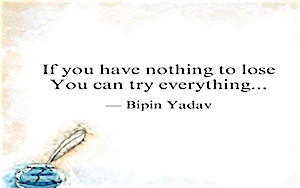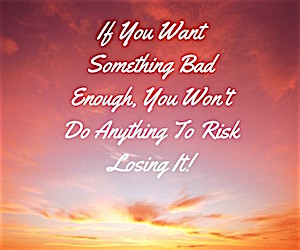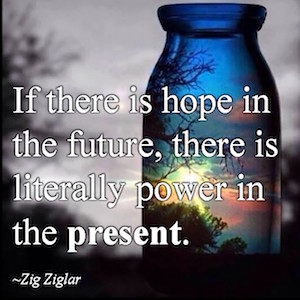Blog
The Importance Of Giving Your Kids 2020 Vision Of Their Future
Author: Kathleen Nelson-Simley
Posted: Friday - February 14, 2020
Have you ever had the opportunity in your past to do something that you knew, at the time, was illegal, unsafe or would break some rule and you didn’t do it because you knew that if you did you would risk losing something that was more important to you than what you had the opportunity to do?
Can you think of a time when this was true for you?
If so, then you had “Idealism!”
Idealism is having a vision for yourself and your future and believing that risky behaviors will get in the way of what you want in your future.
Research has found that kids who have idealism are more likely to NOT participate in risky behaviors. Idealism is one of the five most effective prevention strategies you can use to influence the attitudes of middle and high school students if you don't want them to drink alcohol, use tobacco or illicit drugs, fight or engage in early sexual activity.
The important question to ask yourself is...Do ALL of my students have idealism?
If you were to ask your middle school students what they would like to be, do, have or achieve in their future, would ALL of them have ideas to share with you?
There’s no doubt that some of your students will have ideas for their future. But, unfortunately, others won’t. Not every student in middle or even high school have an idea of what they want in their future. For these students, their answer to your question might be…
“I don’t know!”
In contrast, if you were to ask your elementary-age students what they want to be or do when they grow up almost all of them will have quick and definite answers. They have hope and optimism for their future.
What happens with students between the elementary and middle school years?
During the middle school years a sense of hopelessness, apathy and discouragement can set in with some students. The 20/20 vision they once had of their future is now blurry or completely gone. Research shows that students who have lost sight of what they want in their future are more likely to participate in risky behaviors. From their perspective, there’s nothing on the line for them to lose - no matter what they do.
So, if I’m one of your students today who says, “I don’t know what I want in my future!”, and I have the opportunity to drink alcohol tonight, I’m more likely going to do it because there isn’t anything important enough to me to risk losing tomorrow.

This is why research has found that kids who have “idealism” – who have something they want in their future so much and that is so important to them are more likely to NOT do anything to risk losing it – including risky behaviors!
Are there any of your students that come to mind as having idealism? Can you think of a student who you know had the opportunity to engage in risky behaviors, but didn’t, because there was something more important that they wanted in their future and they didn’t want to risk losing it?
If so, this student has idealism!

I love idealism for so many reasons. Most of all, I love how it challenges the attitudes towards risky behaviors that begin to erode in the middle school years.
One of those attitudes is, “Nothing bad will ever happen to me.” Middle school student believe bad things will only happen to others who drink, smoke or use other drugs. Idealism challenges this sense of invincibility. You can talk and talk and talk to kids about the consequences of using alcohol, tobacco and other drugs, but the consequences that really matter to kids are personal consequences - the things that are most important to them. Idealism helps kids see what the personal consequences could be to them if they do engage in risky behaviors.
Idealism also takes on attitudes of hopelessness. Students who say, “I don’t know what I want in my future” or “I can’t see anything in my future” can feel a lack of hope for the future. Idealism takes on this “I don’t care” attitude by giving students the opportunity to dream about and imagine their future in ways they may never have before. Idealism gives kids a glimmer of hope for the future when they most need it.

Idealism also challenges the developmental characteristics of middle school students that can be roadblocks in our prevention work. Middle school students are more likely to think and act “in the moment”. Thinking and planning ahead isn’t something they can or will naturally do on their own. Idealism pushes kids into future thinking and planning and understanding the "cause and effect" of their actions.
Our All Stars middle school series of curricula (All Stars Core, All Stars Booster and All Stars Plus) includes the “Idealism” strategy and has lessons with activities proven to build idealism with students. The activities are highly engaging and hands-on using small and large group discussions, an art project, games and student/adult conversations. Order a preview copy of the curricula and see for yourself how you can give your kids a vision of their future in All Stars! Call Anne at 336-601-9909 today!
You and I can't take away the opportunities your students will have to engage in risky behaviors. But, what we can give them, is their own personal reasons to walk away from the opportunities. Just like you possibly have done in your past. Your job and my job is to help them figure out what those reasons are and it starts by having a 20/20 vision of the future.
Go forth and imagine, dream and vision with your kids!





